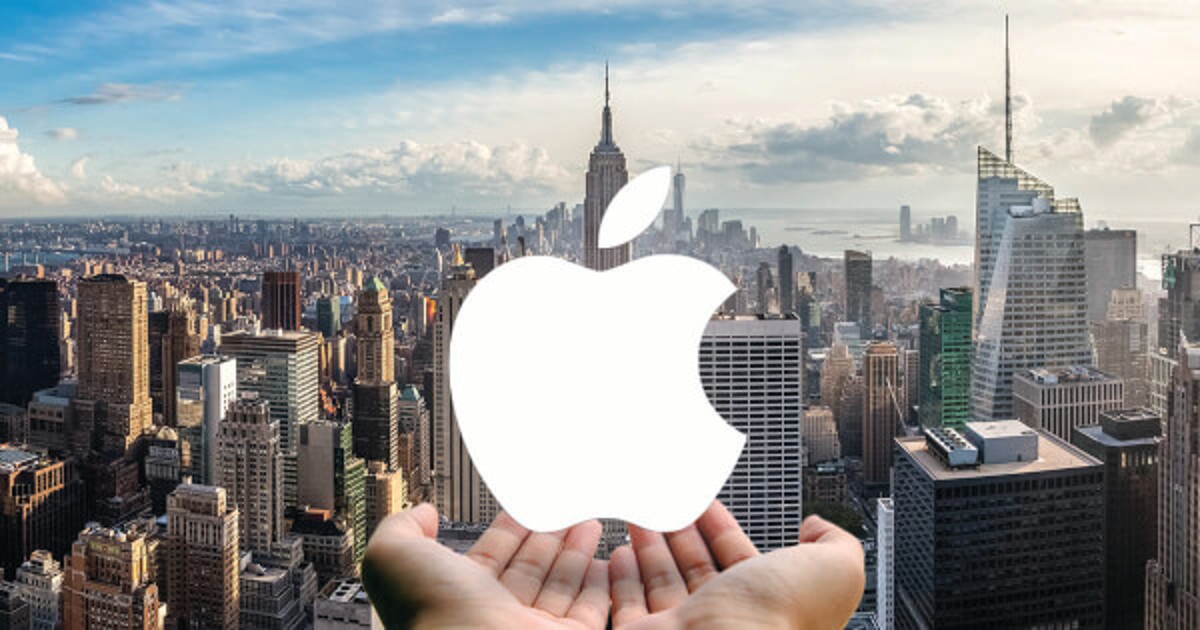
US District Judge has dismissed an antitrust lawsuit targeting Apple, where Venmo and Cash App users claimed Apple Cash had an anti-competitive edge.
In a significant legal victory for Apple Inc., a lawsuit filed by customers of payment services like Venmo and Cash App was dismissed by US District Judge Vince Chhabria. The claim accused Apple of engaging in monopolistic practices with its Apple Cash service, which plaintiffs argued stifled competition and hindered the introduction of innovative features, such as decentralized cryptocurrency payments.
The lawsuit targeted Apple’s stronghold in the digital payment sector, asserting that the tech giant’s practices were not only anti-competitive but also detrimental to consumer choice and technological advancement. The plaintiffs contended that Apple’s alleged monopoly made it challenging for rivals to offer competitive pricing and enhance functionality, particularly in the realm of cryptocurrency integration.
The dismissal of the case signals a reinforcement of the legal moat around Apple’s business practices, particularly concerning its proprietary services and products. Apple Cash, integrated within the Apple ecosystem, allows for seamless transactions among iOS users, a feature the plaintiffs claimed was designed to edge out competition.
However, Judge Chhabria’s decision to dismiss the case underscores the complexity of antitrust litigation in the tech industry, especially when it involves accusations of stifling competition through in-house services. The ruling may set a precedent that could influence how forthcoming antitrust cases against major tech companies are approached, especially those that have ventured into financial services.
This legal development occurs amidst a broader conversation about the role of big tech companies in financial services and their impact on the competitive landscape. With the rising interest in decentralized financial systems, such as those based on blockchain technology, there is an ongoing debate about how traditional banking services and payment platforms can adapt to include cryptocurrencies and other digital assets.
In light of the dismissal, the future of digital wallet competition remains a contested domain, with big tech firms and fintech startups alike vying for a share of the lucrative market. Apple’s position, supported by this legal outcome, may encourage the company to further integrate its services across its device ecosystem, potentially incorporating cryptocurrency features in the future.
The case also highlights the growing scrutiny of tech giants’ expansion into financial services, as regulators and competitors question the implications for consumer choice and market fairness. While this case against Apple has been dismissed, the intersection of technology, finance, and antitrust law continues to be an area of evolving legal challenges and debates.
The implications of this decision are far-reaching, not just for Apple, but for the entire tech sector, which increasingly finds itself at the crossroads of innovation, regulation, and competitive practices.
Image source: Shutterstock

